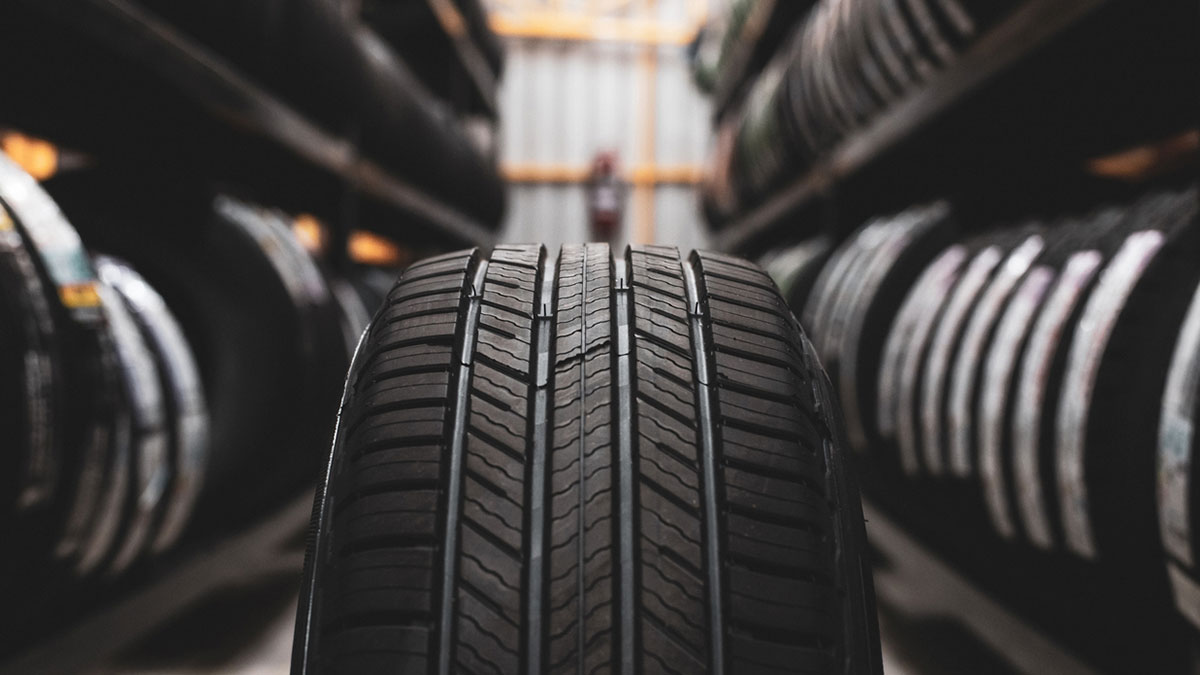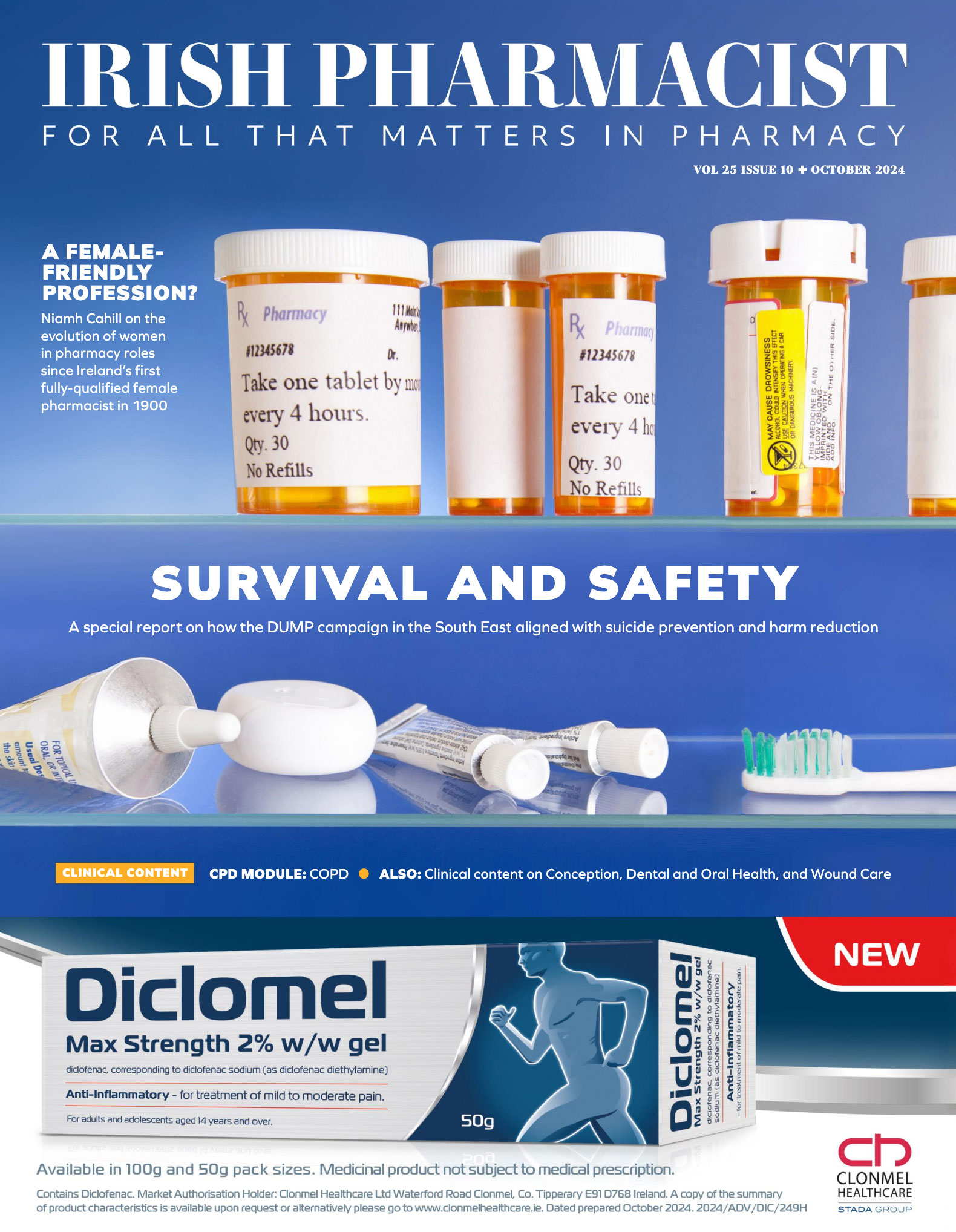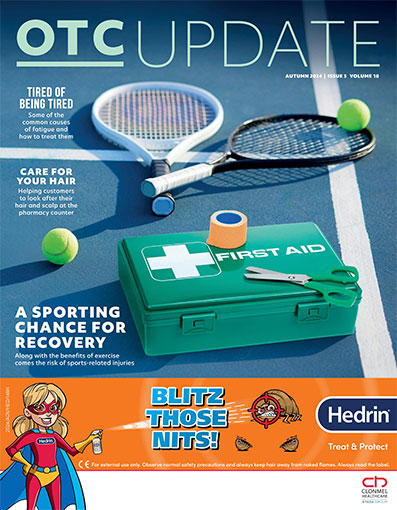Dr Alan Moran gets to grips with the importance or tyres
Tyres keep you alive, hence they need tender loving care.
But you’d never know to look at the state of tyres on the nation’s cars. A recent survey by Continental showed there was, in their words, “woeful levels of disregard for tyre safety regulations”. Some tyre dealers reported up to 80-to-90 per cent of tyres replaced were illegal. Which is fair enough, looking at any sample size you have to look at the source of data. When you turn up at a tyre dealer, you already know you’ve a problem. But data from the UK show that about 27 per cent of their MOT (our NCT equivalent) failures are due to tyres. And I don’t know of anyone who goes for a car test expecting it to fail.
Continental’s tyre study was performed at 12 tyre retailers during August 2022. They were able to demonstrate that 50 per cent of tyres replaced were at, or below, the legal limit of 1.6mm tread depth. At this limit, they are described as “effectively bald and dangerous to drive”.
A sample of the survey results shows the widespread nature of the problem:
- At Sean McManus Tyres in Drogheda, Co Louth, tyres worn to below 1.6mm made up 90 per cent of the tyres that staff replaced.
- Loughrea Tyres in Co Galway reported that 80 per cent of the tyres they replaced were at, or below, the legal tread depth level.
- Newbrook Tyres in Mullingar, Co Westmeath, found that 70 per cent of tyres taken off customer vehicles were below the 1.6mm limit.
- For JW Tyres in Graiguecullen, Carlow, some 40 per cent of tyres replaced were excessively worn so as to be illegal and, thus, highly dangerous.
- As evidence of a seemingly better level of tyre care in urban areas, BestDrive in Swords, Co Dublin, reported a figure of 18 per cent of replaced tyres at, or below, the legal tread depth limit.
Local celebrity Julie McManus of Sean McManus Tyres in Drogheda, who participated in the month-long survey, said: “I regularly see tyres like this on vehicles coming into our depot and in a lot of cases the owner is totally oblivious either to the condition of the tyres or to the potential impact they could have on the safety of their family who may even be in the vehicle with them in the depot.”
When the drivers were interviewed, they did not know they were breaking the law driving on illegal tyres. Tyres at, or below, the 1.6 limit can attract an €80 fine plus up to four penalty points. In the UK, the fine can be up to £2,500. And that’s per tyre.
To this end, all tyre dealers in the country provide free tyre checks using ramps to inspect the cars’ tyres.
Tyresafe is a UK charity dedicated to raising awareness of the importance of correct tyre maintenance and the dangers of defective and illegal tyres. I was on a Zoom talk with them recently and they were discussing the problems in the UK.
They referred to a case where a woman died as a result of under-inflated run-flat tyres. The problem with run-flat tyres is that they don’t look under-inflated until it is too late. Another incident was when a young man was killed just before Christmas. When the policeman called to break the news to the family, he was told there was a full new set of tyres in the garage waiting for him for Christmas.
Tyresafe are pushing for more data to be collected at road traffic collisions, as tyres are often noted to be “contributory” without further information. UK Department for Transport figures show 153 people are killed or seriously injured due to tyre-related incidents annually, but the figure could be higher.
It is worth noting new tyres can displace enough water to fill a bucket every seven seconds. However, as tyres wear, the amount of water tyres can displace decreases. Even at or close to the legal limit of 1.6mm, water displacement is significantly lower than on a newer tyre.
Tyres become much more likely to ‘aquaplane’ with a tread depth of less than 3mm, meaning it is advisable to look at the tyres regularly. Aquaplaning is making the car into what’s effectively a boat, with the tyre skimming over the water surface. You’ll know when it happens. You’ve no control over the car.
Key messages
- Under-inflated tyres reduce vehicle control, reduce tyre life, and increase
fuel consumption.
- 57 per cent of cars in the UK are at least 4psi under the recommended limit.
- Car drivers should check their tyres once per month, every month, and
before a long journey.
- Motorcyclists should check at least once per week.
- Tyre pressure monitoring systems have been mandatory since 2014. Pay attention to them, but also recognise they can fail. You won’t beat a visual inspection.
- My motorbike mechanic swears by the pencil-type tyre pressure reader.
- You can use a coin to check for tyre tread depth. Our €2 coin has a 3mm border. If the tyre tread is half that, it needs replacing.
- Since 2018, the NCT can fail a car with less than 1.6mm tread as a dangerous fail. That means the car can’t be driven and has to be collected.
- You might only need a good set of tyres once. ?







